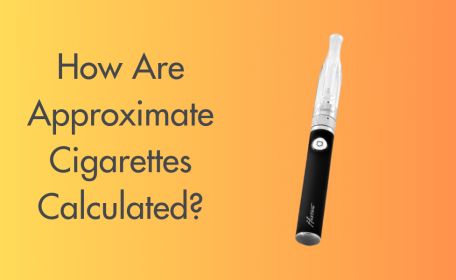← Back


The EU plans to classify e-cigarettes as tobacco products to raise more money

Um, okay guys, who’s going to tell the EU that e-cigarettes don’t contain tobacco?
Imagine for a second that we had a pill that gave people all the benefits that they can expect to see when they stop smoking. This single pill clears their lungs and massively reduces their risk of lung cancer. It cuts their chances of heart disease and stroke by roughly half. It even makes them financially better off! Surely we would want as many smokers as possible to have access to this new drug? Apparently not. Apparently instead of supporting our ‘wonder drug’ — the e-cigarette — the EU plans to tax it at the same rate as the product which is causing the health problems in the first place! The EU’s plans to raise taxes on e-cigarettes so that they are in line with tobacco products would mean that a £23 e-cigarette will cost £53 if taxed as a tobacco product, according to the International Business Times.
























